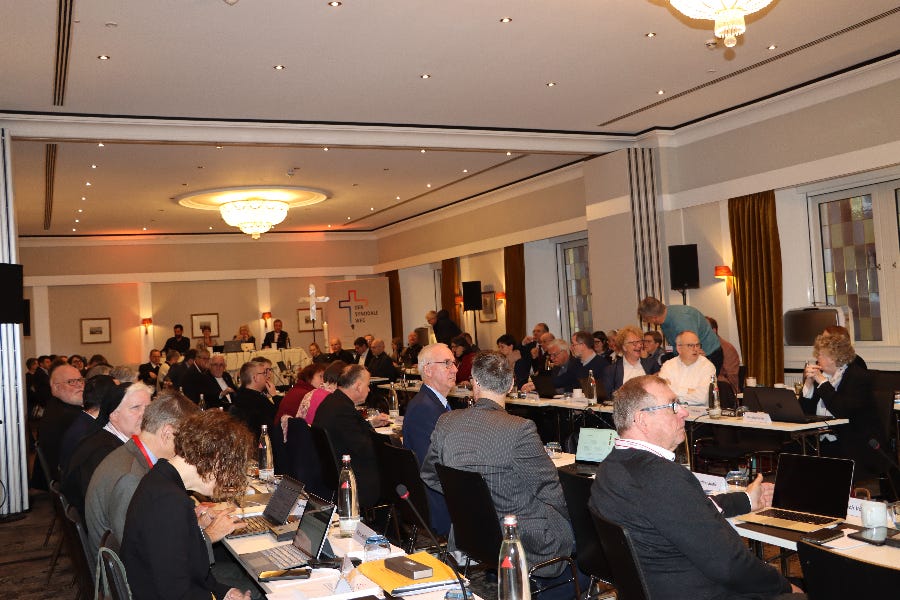Pope Francis warns Germany is ‘steering away’ from universal Church
In a letter to German theologians who withdrew from the synodal way, the pope called a proposal for a synodal council 'forbidden' and appealed for 'prayer and penance'
Pope Francis criticized a committee created to implement the decisions of Germany’s “synodal way” in a letter signed on the day of the body’s inaugural meeting.

In a Nov. 10 letter to four German Catholics who withdrew from the synodal way …
